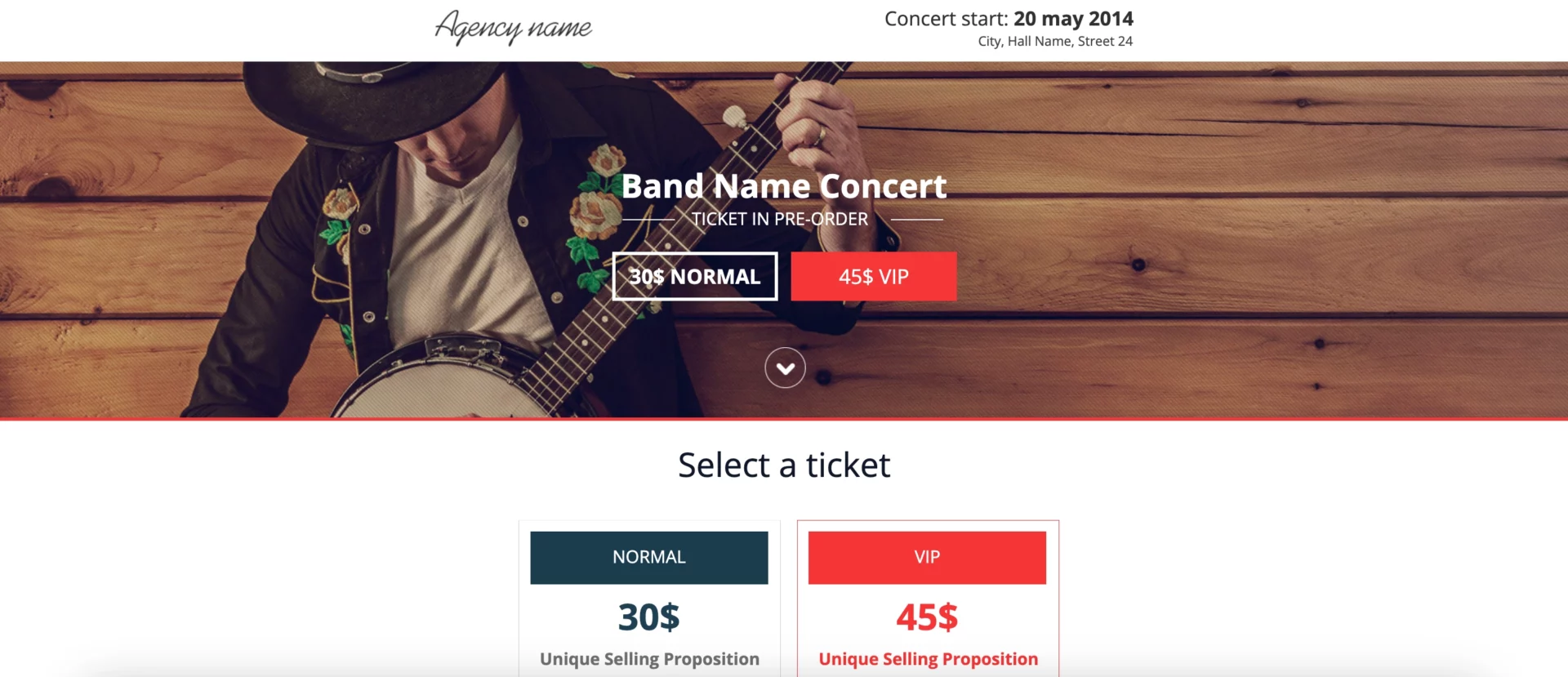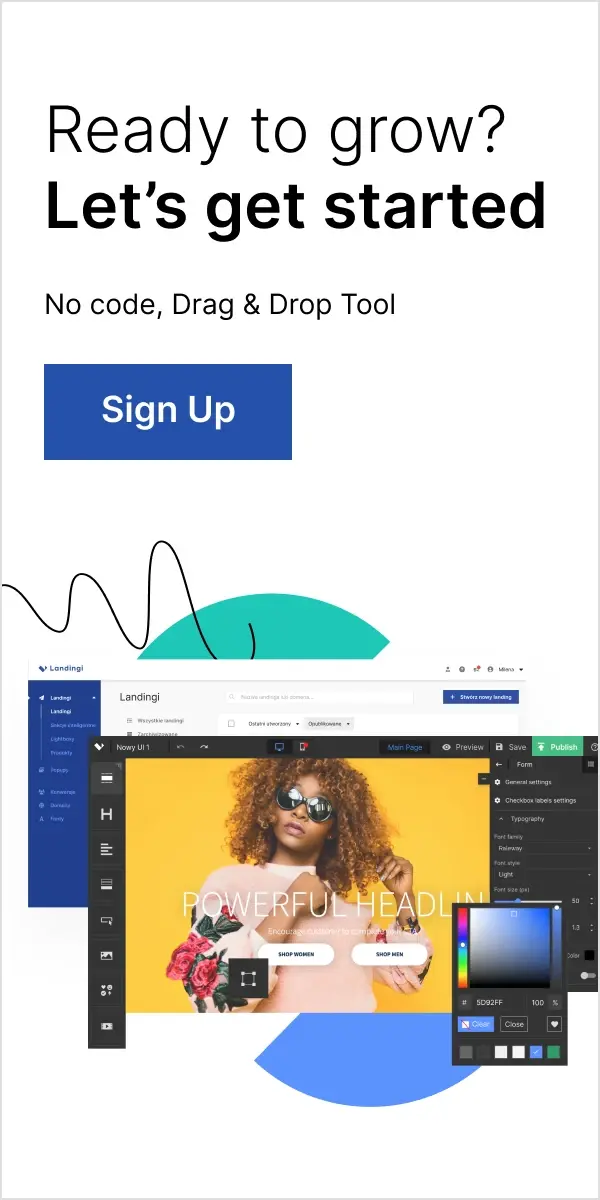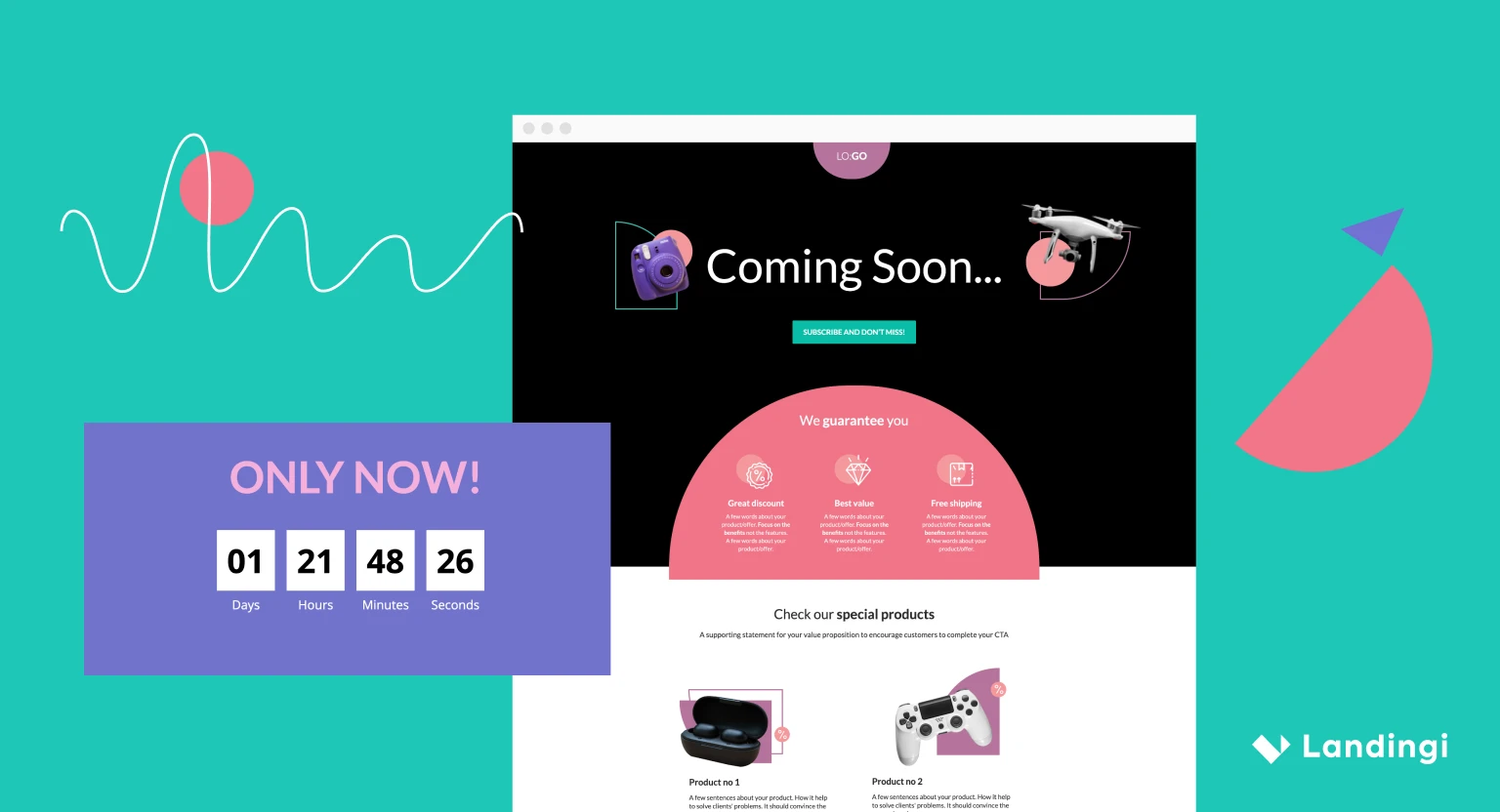Reselling can be a highly profitable online business model. You can launch an e-commerce business faster and don’t necessarily have to go through the steps of product development and audience building. It does mean, however, that sometimes you face stiffer competition. How can a small to midsize reseller expect to compete?
With a few essential strategies in place, you can succeed as a profitable reseller in today’s competitive and ever-evolving digital marketplace. But if you’ve been leaning on the same reseller marketing strategies for a while now, it might be time to change things up. We’ll dive into the details on reseller marketing, including some actionable steps you can take to optimize your exposure and convert more traffic to sales.
Make your sections smartable and let go of mundane manual tasks with Smart Sections! An easy way to manage bulk changes.
What is Reseller Marketing?
On the surface, reseller marketing is pretty simple: advertising and marketing plans specifically for licensed reseller businesses that buy finished products from manufacturers, liquidators, or other retailers to resell to their own customers at a profit.
We specify these strategies as “reseller marketing” because, similar to affiliate marketing, the viability of profits can rely heavily on marketing efforts. Your unique market position requires a unique marketing strategy.
Rather than focusing on new customer acquisition channels, resellers usually target a mix of new and previous (loyal) customers. Reseller marketing plans come with their own host of challenges: maintaining buyer lists, creating a uniquely branded customer experience, offering new value-adding services.
But there are specific strategies and marketing tips that can help you keep all this running smoothly as you attract new customers and achieve the business growth you’re after.
Get 111 Landing Page Examples—The Ultimate Guide for FREE
Types of Marketing Strategies for Resellers
The need for digital marketing and online awareness is more necessary than ever. If you’re looking to keep up with the competition, revitalize your reseller marketing plans, or start from the ground up, you’re not alone. We’ve put together a list of tested, powerful strategies that you can implement today.
Set and Track Goals
Setting clear goals is crucial for reseller marketers to grow and measure their success. This is easier said than done because it’s possible to drift off course or become complacent with your level of business. The progress of your marketing and business, however, will only continue if you keep it in your sights at all times. This means testing new strategies, critically evaluating if they’re pushing you toward your goals, and then making informed improvements.
To get started, you can ask yourself some questions:
- What are the key areas you want to focus on to grow your business?
- How will you keep track of them?
- What’s the time frame you’ll set for each goal?
Goals can be both qualitative and quantitative as well as short and long term. It’s good to have a mix of both so you have a good handle on where you want to drive your business.

Analyze Your Data
Good data will sit at the foundation of your marketing strategy, driving decisions and improvements as you continue to work toward your goals. The more data you can gather, the more valuable information you gain that can help inform changes to various marketing campaigns and hopefully convert more customers.
Understanding your buyer personas is one of the most important aspects of running a successful online business, and it can help you sort and analyze your data as well. Who are the people buying from you? Why did a certain customer decide to buy? The answers to these sorts of questions can help you segment your customer base and drive more targeted campaigns.
Customer segmentation (find out more) can also help you begin to understand where users click, which social media platforms they use, and what they follow on those platforms. This sort of information and data can further help you brainstorm new marketing strategies to reach your target audience.
Increase Your Conversion Rates
Most people running an online business want to increase their conversion rates. One great way to do this is to focus on your current rates and any campaigns you’re currently running. Take some time to test and optimize these campaigns to see if you can kick start significant positive results for your business.
Instead of seeking out entirely new customers, optimizing current campaigns is a way of trying to ensure that those who make it to your site or landing page will continue all the way through the funnel.
Based on where you’re seeing prospective customers drop off, there are a few effective changes that you can make as a reseller to hopefully see improvements.
First, if you’re noticing users make it to their cart or checkout but don’t follow through with the purchase, you can think about adding various new payment methods. Services like Paypal, Google Pay, Amazon Pay, and Apple Pay have increased rapidly, and adding these options to your checkout might make purchasing more convenient for your customers.
You can also try testing different offers with various discounts and incentives that encourage immediate purchases. These could include countdown timers or expiration dates for discounts or a free shipping offer. You can then see if these sorts of motivators help encourage customers to buy sooner.
Upsell and Cross-Sell
Always going after new customers can be both costly and difficult. If you have a list of previous or existing customers, you can focus part of your efforts on upsells and cross-sells. It’s one of the most cost-effective marketing strategies available to you.
Allocate part of your advertising plan and resources toward re-engaging and re-capturing current or previous customers by targeting users who have purchased from your site.
These customers tend to be significantly more likely to buy again and more likely to click through an ad to reach your site. This can contribute to lower customer acquisition costs, higher site quality rankings, and a direct boost in conversion rates and revenue.
Focus on Value
Competition can be tough in the reselling business, especially when there’s high price proximity. When it’s difficult to differentiate your prices, it’s important to stand out to your marketing in other ways, mainly by highlighting the unique value you can offer to your customers.
As a reseller, you’re in a queue position to present and provide your services or products in new and engaging ways.
You could set up a subscription model where customers can automatically reorder necessities or try new products. You could create unique promotion combinations that include items commonly purchased together and offer them at a discounted price to increase convenience. Or, you could create a rewards program that would give regular customers discounts, early access to new products, or other additional benefits.
However you decide to create value for your customers, emphasize these perks on your site and relevant landing pages. If you want to focus on customer service, make sure your chat feature and contact information are easily accessible from every page on your site. And, if you do have the lowest prices or you’re currently running a sale, highlight it immediately so a site visitor won’t miss it.
Lack of clearly defined value is often the reason for low conversion rates! Learn more.

Increase Brand Recognition & Authority
When you have the right authority or niche expertise to back up your reseller marketing strategy, reselling can be a highly profitable business model. Advertise what makes your business unique and why customers should buy from you as opposed to other big-box retailers.
If you invest in increasing your brand recognition, it’s more likely that customers who are served your ads will click through. Click-through rates impact your quality score and overall advertisement costs, so it’s good to spend time on the aspects of your brand that will help optimize them. You can consider advertising on social platforms (learn more) to increase your brand exposure and reach more potential customers.
Improve Your Website Experience
A visitor’s website experience is critical to conversion rates and sales. If a site isn’t reliable, fast-loading, and professional, users won’t stay and shop, let alone develop any loyalty to your brand.
Small things can add up and convince visitors that your site and products are worth their time and money. Mobile-friendly content, simple organization and directories, streamlined navigation from product searches through purchasing can all make your customers feel more comfortable on your site.
Similarly, it’s important to keep your site as up-to-date as possible. Broken links are a common pitfall on e-commerce sites, which shoppers can find frustrating. When they reach these dead ends and 404 errors, they’re less likely to keep shopping. These sorts of errors can also affect how search engines rank your site.
Of course, apart from a website, resellers should have landing pages (check some basic differences between these two website types), which are specifically designed to drive more conversions by improving user experiences. They are a core element of all digital marketing campaigns that may notably increase sales and expand your customer database (or leads base).

Make Landingi Part of Your Reseller Marketing Plan
No matter how great your reseller marketing strategies are, they’re only as effective as the tools you use to implement them. Just like the products and services you resell, the better your arsenal of marketing tools, the more options you have to plan and grow your business.
A well-crafted landing page can be an integral part of your marketing plan, and Landingi can help. Our easy-to-use landing page builder gives you creative freedom and customization opportunities even if you don’t have a programming or design background.
Landingi’s simple drag-and-drop page builder lets you quickly create, launch, and optimize your campaigns so you can turn more traffic into revenue.
Try it for free and see the difference it makes in your reseller marketing.








